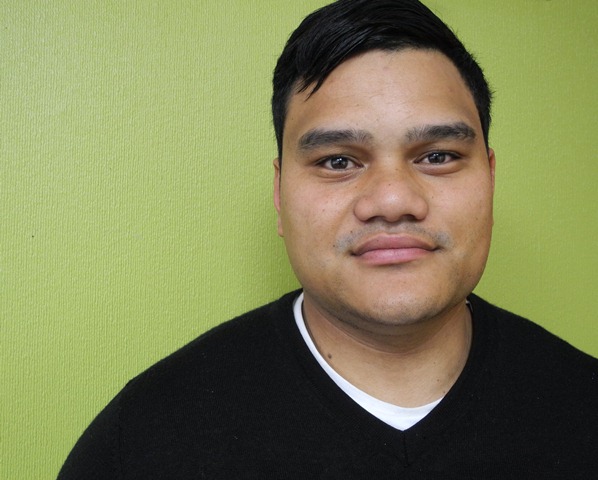Council candidates should get into community – youth worker
Get out to the suburbs and get your hands dirty. That’s a youth worker’s message to Hamilton City Council candidates.
Anaru Terry’s challenge for Hamilton City Council candidates can be summed up in two words: community engagement.
The 28-year-old youth worker and social work student has been mentoring youth in the Hamilton West area for years, and he wants council to build stronger connections with communities in the suburbs.
Councillors say they are for the people, but in his time at the Western Community Centre he has only seen a few get involved with its work.
One of them is running for mayor, and he’ll probably get Terry’s vote.
“That’s what I would love to see in a mayor, is somebody who because of their position isn’t afraid to get their hands dirty, isn’t afraid to say ‘I’ll do some hard work for a day just to build this community up’.”
The way Terry sees it, grass roots are the starting point for making the city great.
“I think a mayor or councillors need to be able to involve themselves, be a community head.”
And the best way for elected members to help make their communities healthier is to visit them, and ask them what they they need.
He knows they are busy, but he says a mayor in the square in the centre of town once a month isn’t enough.
Perhaps the council could fund neighbourhood cultural events to reflect Hamilton’s communities: Somali in Fairfield, or Maori and Pacific Island in Nawton.
Maybe movies or activities at local parks in the evening – give young people and families something to do at a time when a lot of trouble normally happens.
But they need to be local events, so poorer communities who might not be able to travel to Garden Place can enjoy them.

Terry has been involved in his fair share of community events, and seen non-government organisations struggle for funding.
He understands savings need to be made after the “V8 debacle,” but expectations to produce more with less are affecting community development officers.
Their work engaging community members, building trust, relationships, and visions is key to to making a safer community, Terry says.
For example, people won’t rob the neighbours’ house if they caught up over the weekend at the community event down at the park.
They want to take care of what they love, be it their family, community, or their car.
And if councillors are part of the communities which don’t get much attention, Terry says it could have political advantages.
“If you want votes, go to those people, because people are all about relationships. If they know you and they trust you, they’ll vote for you.”
From a Maori perspective, face-to-face connections are about whanaungatanga.
Once you are welcomed into someone’s home, you are one of them.
And knowing a councillor would give people the confidence to share their views.
Because lots of people don’t know much about the council; its business often isn’t easy to understand.
Even for Terry himself.
He and the Western Community Centre manager made a spoken submission on the council’s most recent ten-year plan.
It was intimidating, and left him feeling a bit stupid.
“They talk above you. Jargon that nobody understands… all of you [councillors] get it, what about the rest of the people who voted you in there?” he says.
“I come from an academic background. Imagine if I was just a local off the street. They wouldn’t have a clue what to say.”
So his challenge to candidates is to get out there, knock on a few doors, and say ‘Hey, I’m running for council. Do you know what I do?’




